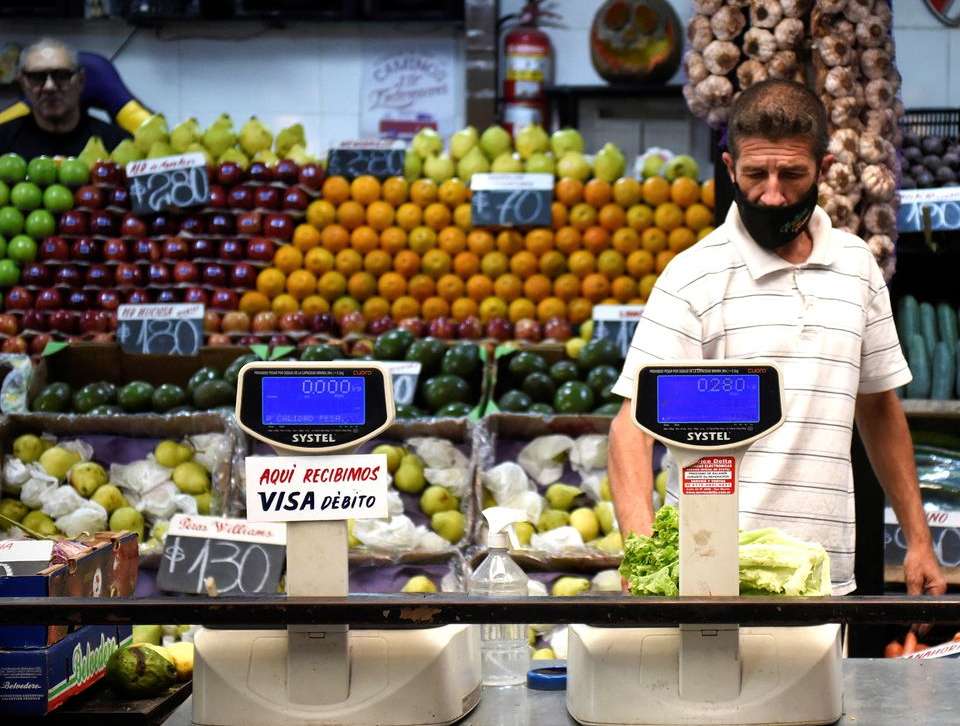In his first full month in office, President Javier Milei proceeded to impose portions of his shock therapy economic strategy, which resulted in a monthly slowdown in Argentina’s consumer prices.
January’s inflation fell to 20.6 percent from a month earlier, little less than the 21 percent predicted by economists. Prices increased by 254.2 percent from a year ago, the fastest rate since the second-biggest economy in South America emerged from hyperinflation in the early 1990s.
Since taking office on December 10, Milei has eliminated price freezes on hundreds of necessities for the home and devalued the peso by 54%. Prices increased in January due to goods and services, then transportation. As Milei reduces energy and transportation subsidies and raises gasoline taxes to meet his objective of closing a massive budget deficit—even after his comprehensive omnibus measure was rejected by Congress—prices are predicted to continue rising on an annual basis. By June, Buenos Aires City subway rates would increase sixfold, the city government announced.
Milei stated in his inauguration speech that Argentina would have to swallow its “last bitter pill”—high inflation—and to curb it. Two main components of his economic plan to do this are the unwinding of generous subsidies imposed by the previous government and a sharp decline in economic activity. An already troubled country with over 40% of its population living in poverty will become even more stressed as a result of this decline in purchasing power. Salary increases in December were a pitiful 8.9 percent per month, well below the 25.5 percent inflation rate for the same month.
On Wednesday morning, Milei’s political opponent, Cristina Fernández de Kirchner, the former president of Argentina, published a harsh 33-page letter on X criticizing Milei’s administration.
Fernández de Kirchner contends that rather than the budget deficit or monetary funding identified by Milei, Argentina’s inflation is the result of excessive foreign borrowing.
The former vice president issued a warning, claiming Milei’s proposal will result in a rise in social despair and unemployment “in a sort of planned chaos.”
The consumption of food and drink and pharmaceuticals saw the biggest reductions in retail sales in January compared to the same month last year, according to the Confederation of Medium-Sized Enterprises in Argentina, or CAME. Argentina’s GDP is predicted by the International Monetary Fund to fall by 2.8% in 2024 and then grow by 5% in 2025.

